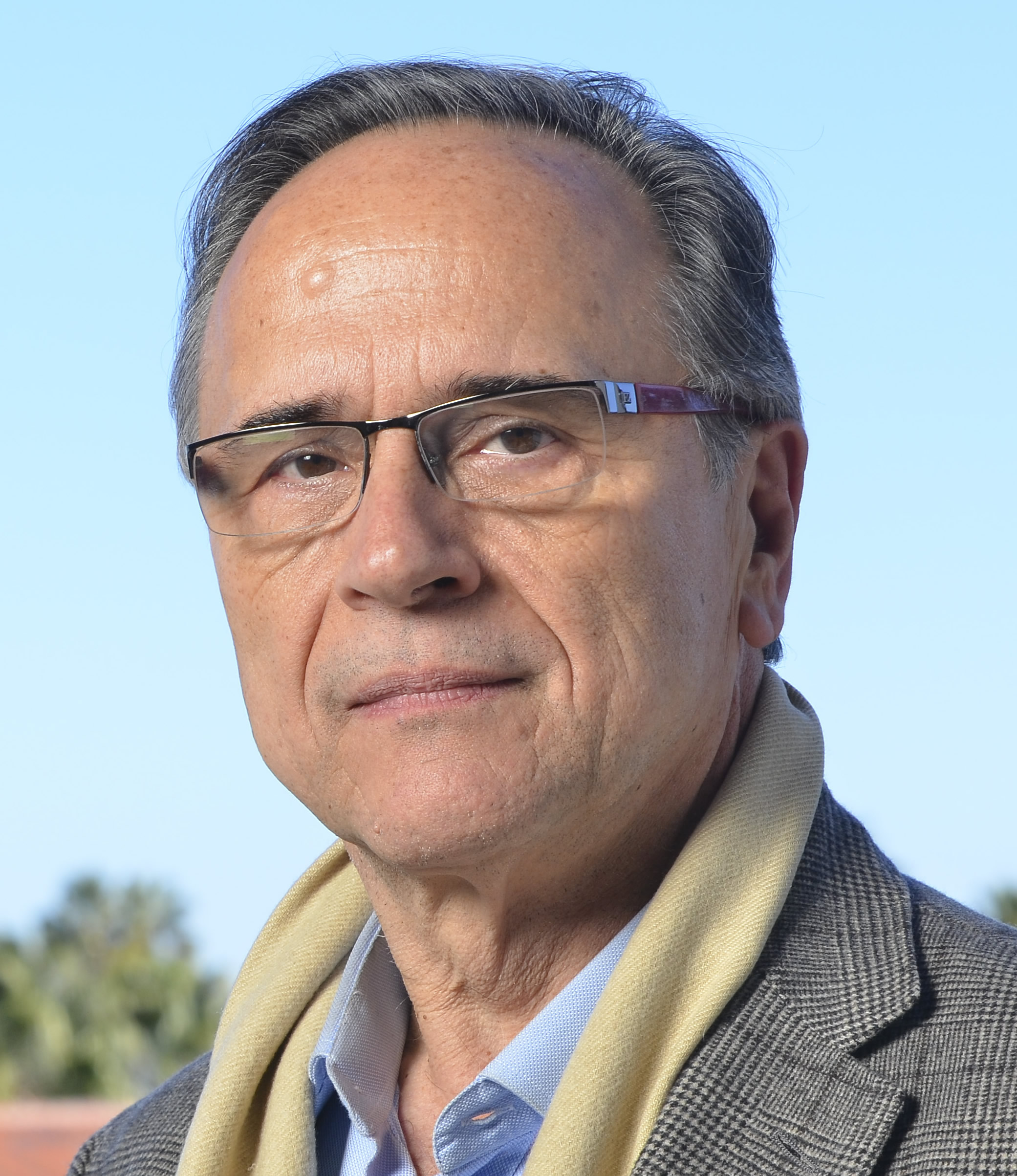
- This event has passed.
Spring 2024 GRASP on Robotics: Leonidas Guibas, Stanford University, “Compositional Modeling of 3D Objects and Scenes”
March 1, 2024 at 10:30 AM - 11:45 AM
This is a hybrid event with in-person attendance in Wu and Chen and virtual attendance on Zoom. This seminar will NOT be recorded.
ABSTRACT
Modeling 3D objects and scenes creates many challenges, both on the analysis and the synthesis sides. The focus of this talk is the compositional structure of objects (into parts) and of scenes (into objects) — and how such structure informs the modeling of 3D geometry, affordances, and functionality. We discuss a number of neural representations for 3D objects and scenes that are, or can be made to be, structure aware, enabling more efficient reconstruction as well as the creation of variations, both discrete and continuous. The talk will cover recent historical developments of modeling ideas through works that address how to leverage 2D and 3D sensor data (static or dynamic), direct human annotations on 2D images or 3D models, free-form language utterances, and finally physical simulation, all towards learning and exploiting this compositional structure for applications ranging from 3D content creation to robotic manipulation.

Leonidas Guibas
Stanford University
Leonidas Guibas is the Paul Pigott Professor of Computer Science (and by courtesy), Electrical Engineering at Stanford University, where he heads the Geometric Computation group, and is also a Principal Scientist at Google. Prof. Guibas obtained his Ph.D. from Stanford University under the supervision of Donald Knuth. His main subsequent employers were Xerox PARC, DEC/SRC, MIT, and Stanford, including stays at Meta, Google, and Autodesk. He has worked in numerous areas of computer science, such as geometric algorithms, computer vision, computer graphics, robotics, machine learning, discrete mathematics, and biocomputation. Dr. Guibas has been elected to the US National Academy of Engineering, the US National Academy of Sciences, and the American Academy of Arts and Sciences and is an ACM Fellow, an IEEE Fellow, and winner of the ACM Allen Newell Award, the ICCV Helmholtz prize, and Siggraph’s Test-of-Time paper award.
